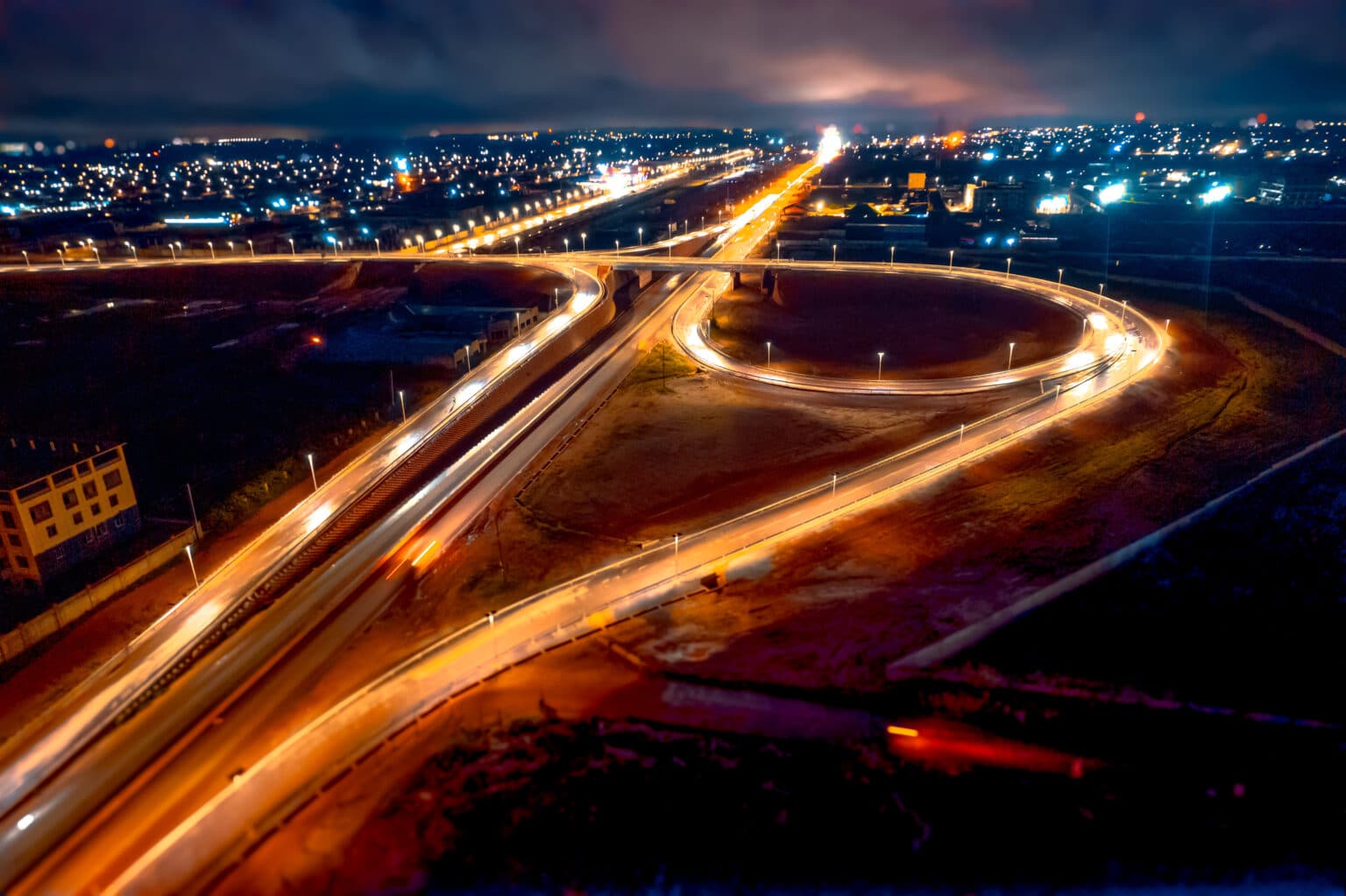
The DRC is stepping up efforts to modernize its transport infrastructure, a sector long hampered by underinvestment and poor maintenance.
The government’s commitment was highlighted this month with the inauguration of the country’s first road interchange in Kolwezi, a project built by Groupe Forrest International.
Transport infrastructure remains a critical challenge across Africa, with dilapidated roads, aging rail networks, and underdeveloped ports adding significant costs to trade and reducing economic competitiveness.
In the DRC, the road network spans 156,000 kilometers, yet only 4,000 kilometers are paved. For many regions, traversing a few hundred kilometers can take days, particularly along southern corridors to Angola and Zambia, and eastern routes to Tanzania and Burundi.
“Cities like Lagos, Nairobi, and Kinshasa suffer daily from congestion, inefficient public transport, and high accident rates,” mobility specialist Ayodeji Stephen notes, underlining the broader regional implications of weak transport systems.
Transport costs in Africa are 63% higher than in industrialized countries, representing between 30% and 50% of total export value. These additional costs hinder intra-African trade and the competitiveness of local companies in global markets, while also limiting access to basic services and slowing the movement of goods and people.
The Congolese government has made road infrastructure a priority within its 2024–2028 investment plan.
“The biggest challenge we face is reviving the roads,” said Budget Minister and former Prime Minister Adolphe Muzito during his inauguration in August 2025.
Efforts include addressing revenue losses at the National Road Maintenance Fund and encouraging private investment in road construction and repair.
The Kolwezi interchange, spanning 2.5 kilometers and featuring two bridges—including one 57 meters high—plus 154 solar streetlights installed by Congo Energy, marks a milestone in local engineering expertise.
“This interchange is much more than a work of art; it is a symbol of national ambition and fruitful collaboration between the public and private sectors,” said Malta David Forrest, CEO of Groupe Forrest International.
The project is expected to improve mobility, enhance road safety, and stimulate economic development in the copper-rich region of Kolwezi, signalling a broader push for modernization across the DRC’s transport network.



